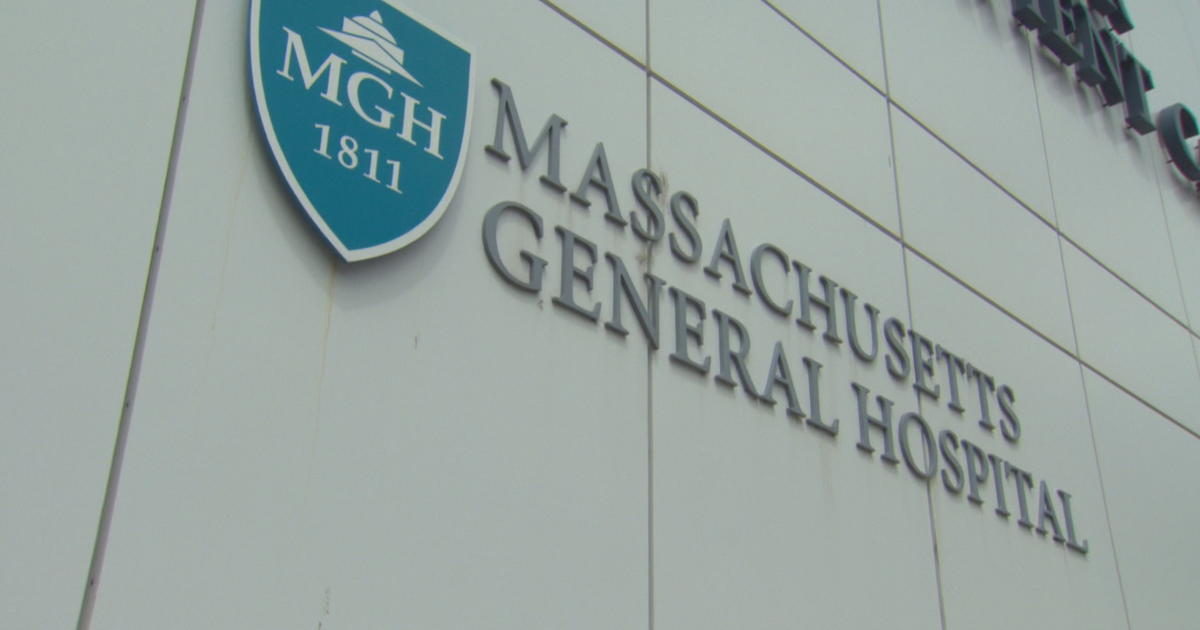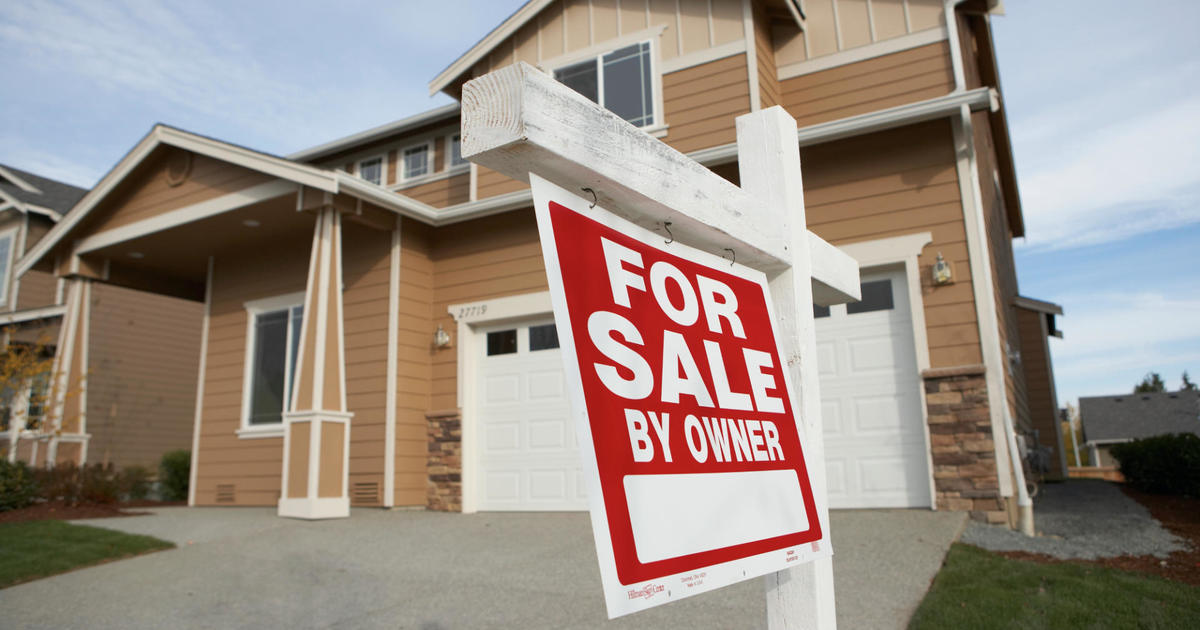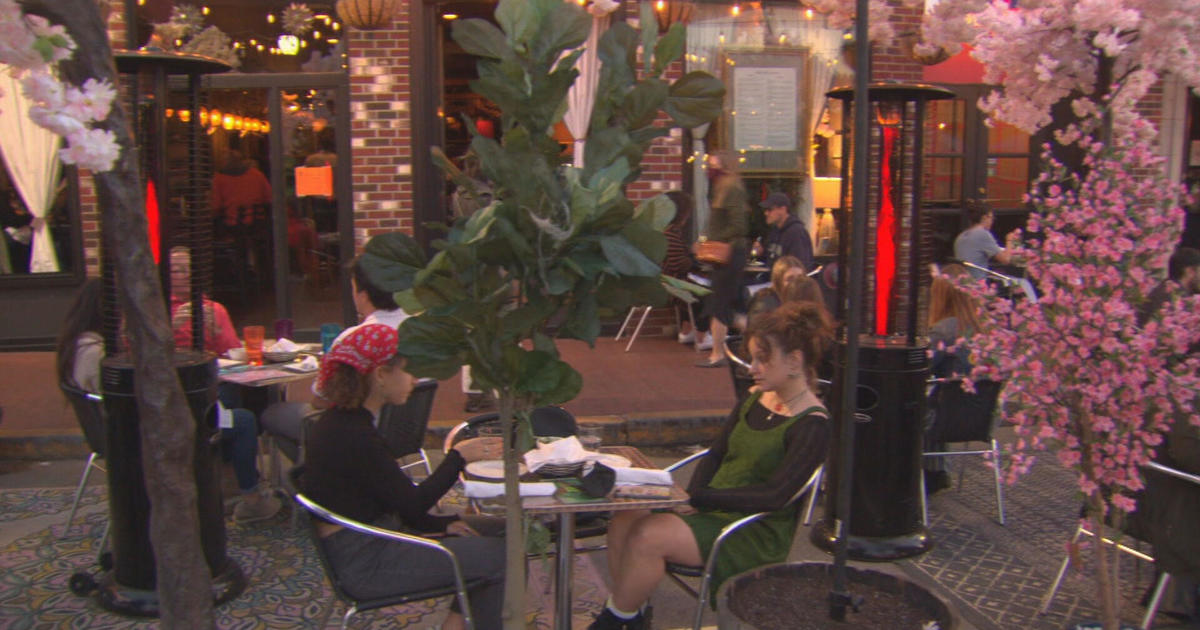Massachusetts Schools To Stay Closed: What You Need To Know
BOSTON (CBS) -- Gov. Charlie Baker's announcement that Massachusetts public and private schools will remain closed for the rest of the year due to the coronavirus pandemic has left many in uncharted territory.
"We know it's not ideal, and we recognize that we're asking a lot from parents to hang in there for the remainder of the school year," Baker said.
A number of resources are available for parents, teachers, and children of all ages. Here is what you need to know.
CHILD CARE
All non-emergency childcare programs will remain closed until June 29. There are currently 523 programs statewide serving families of essential workers who are serving an average of 2,500 children per week.
"In the coming months, we'll be working towards slowly restoring childcare capacity for both family childcare and center-based programs once it can be done safely," said Baker.
"We know that reopening childcare won't be as simple as flipping a switch," said Commissioner of Early Education and Care Samantha Aigner-Treworgy. "Parents cannot go back to work if their children are not safely cared for. Educators cannot go back to work if proper preparations and protocols aren't in place. And programs cannot reopen if meaningful policies, guidance, and support is not there for them. And businesses cannot reopen if their employees don't have safe, high-quality childcare to send their children to."
Aigner-Treworgy said the reopening of childcare will align with the reopening of businesses in Massachusetts.
In the meantime, educators and families with essential workers can find one another through mass.care.com to set up care for children, particularly those with special needs, in a non-group setting.
A resource directory to help parents find the specific needs, like diapers, food and other things, will be made available online.
The Department of Early Education also partnered with WGBH and The Basics to provide families with ideas of things to do with children while they're home. The initiative was announced a month ago as school closures were extended. It includes videos, lessons, and activities that align with state and national standards.
ELEMENTARY AND SECONDARY EDUCATION
Later this week, the Department of Elementary and Secondary Education is issuing additional guidance on steps students and teachers can do to boost remote learning efforts for the remainder of this school year.
"I'm proud of the collaboration with teacher, administrator, and parent organizations that produced our initial remote learning recommendations. In fact, those recommendations were among the best in the nation, according to a recent study by the MIT teaching systems lab that looked at similar guidance from all 50 states, but we know we have more work to do," said Commissioner of Education Jeff Riley.
Riley also said Tuesday's decision will give schools more time to develop reopening strategies.
The Department of Education is partnering with a number of different programs to provide STEM resources for various grade levels online.
The Department has also recommended a credit/no credit system but understands that it may not work in high schools, and left the final decision on grading up to individual schools.
HIGHER EDUCATION
The Mass. Dept. of Higher Education is deferring repayments for non-interest loans for 4 months, benefiting the 12,000 students in the $5 million program.
"The Office of Student Financial Assistance is also suspending penalties for student borrows, not in good standing with repayment. Our hope is that these deferments help some students as they navigate the many challenges of this pandemic has created and help ease the financial burden, even just a little bit," said Lt. Gov. Karyn Polito.
DECIDING FACTORS
Baker said the logistics of returning to school under social distancing guidelines would be unattainable.
"How do you configure a school classroom -- that is built on one set of assumptions about how many kids you can put in a class, and that would have to live under a very different set of assumptions? Transportation – buses - think about all the kids who pile over each other when they get on a bus. I mean it's half the fun if you're a kid, and in many ways, that would no longer be possible," Baker said.
"Eventually it just became pretty clear there wasn't really a way to make this work at this point in time."
Riley added, "at the end of the day we're going to err on the side of the caution in the best interest of the safety of our children, and the adults and that's why this issue was made."
SCHOOL IN THE FALL
Riley also said returning to school in the fall could be different if there are still social distancing guidelines in place.
"What we've seen from other countries that have started the process of opening are things like temperature checking students, keeping death six feet apart from students, some people have staggered schedules, there are many possibilities. What we're going to do is work with everyone, including and probably most especially the healthcare professionals to get the best advice possible for how we bring our kids back," he said.



